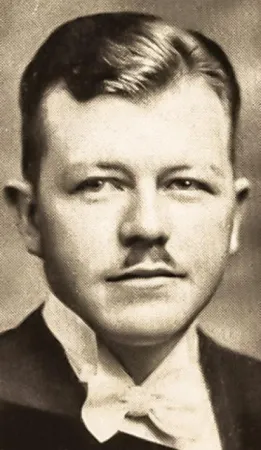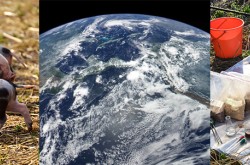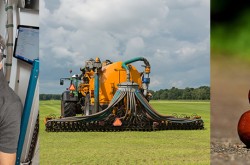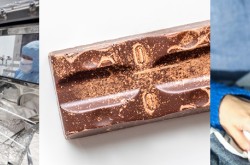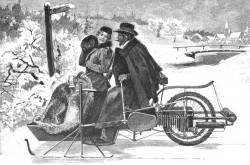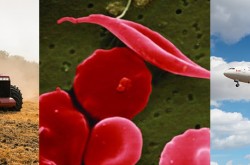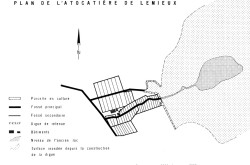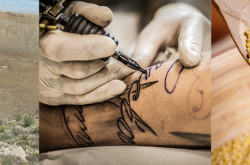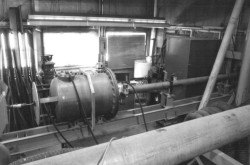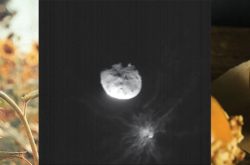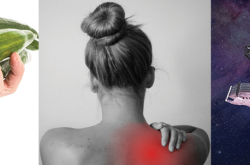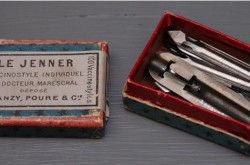Child-Proof Container
This article was originally written and submitted as part of a Canada 150 Project, the Innovation Storybook, to crowdsource stories of Canadian innovation with partners across Canada. The content has since been migrated to Ingenium’s Channel, a digital hub featuring curated content related to science, technology and innovation.
Dr. Henri J. Breault, a pediatrician in Windsor, Ontario is credited with saving the lives of countless children around the world. By the time he opened the Poison Control Centre at Hotel Dieu Hospital in 1957, he had treated all too many cases of children who had been accidentally poisoned. There were more than 100,000 incidents a year across Canada alone, and some of them were fatal. Breault initiated a vigorous public education campaign in an attempt to decrease that number, but when his efforts failed, he turned his attention to devising a child-proof container for medicine. A snap-off cap previously invented by an American doctor had met with some success, but not enough for Dr. Breault. He began work with Peter Hedgewick, the head of a local tool-making firm, to develop the palm-and-turn container that reduced childhood poisonings by over 90% when introduced in Windsor in 1967. Child-resistant containers were soon made mandatory across the province and eventually throughout North America.
Dr. Breault was inducted into the Canadian Medical Hall of Fame in 1997.
Transcript
Dr. Henri Breault was born in Tecumseh, Ontario in 1909 and received his M.D. from the University of Western Ontario in 1936. An internship at the Hotel Dieu Hospital in Windsor gave Dr. Breault a strong foundation in pediatrics, which he applied to a 41-year practice in Windsor, and particularly to a comprehensive campaign to prevent accidental childhood poisonings. In 1957, Dr. Breault became Chief of Pediatrics and Director of a new Poison Control Centre at the Hotel Dieu Hospital, where he daily faced cases of children poisoned by medicines or other "hazardous products" found in the home, especially the aspirin bottles which could be easily opened.



